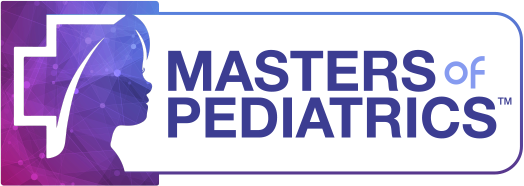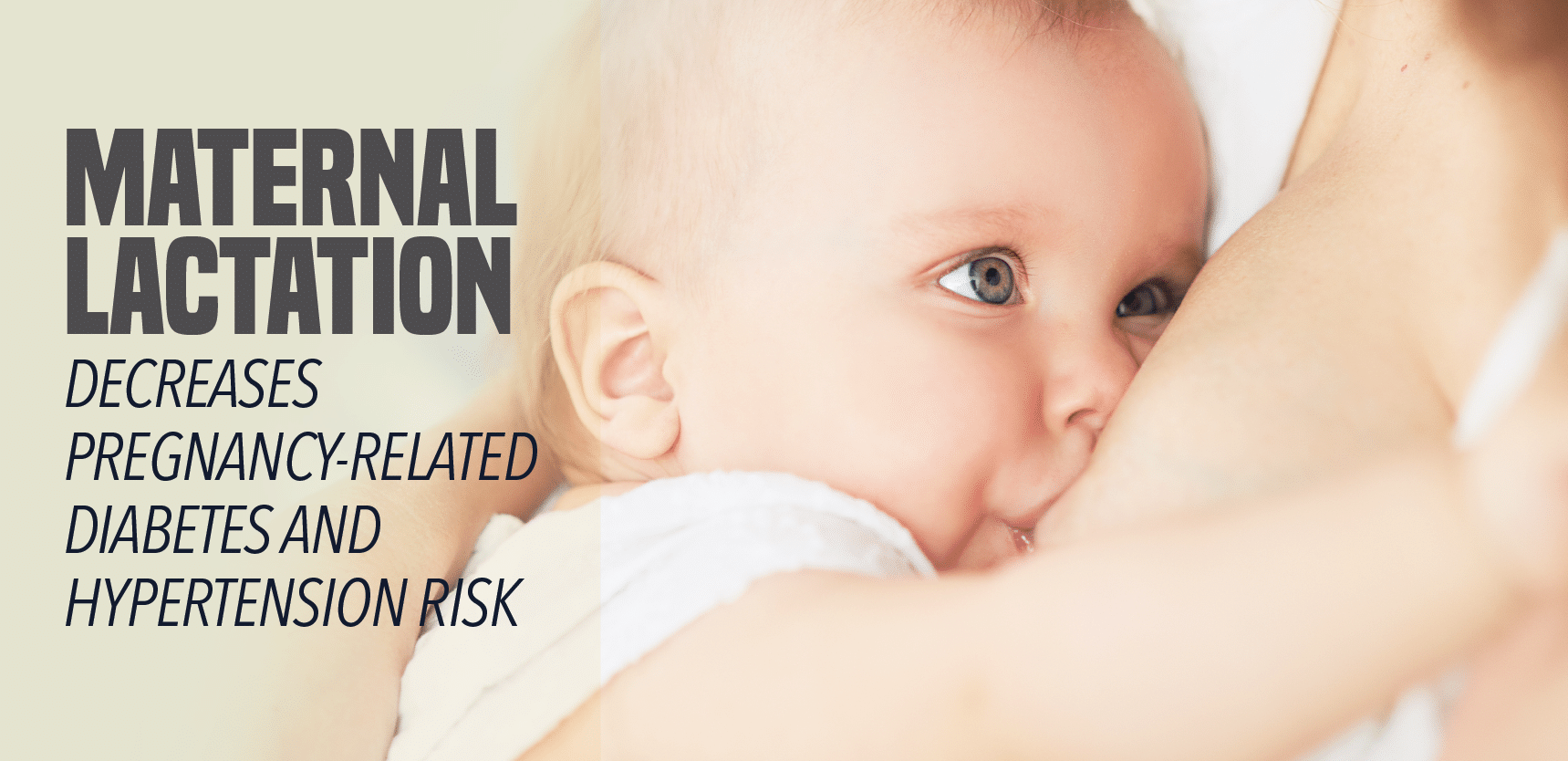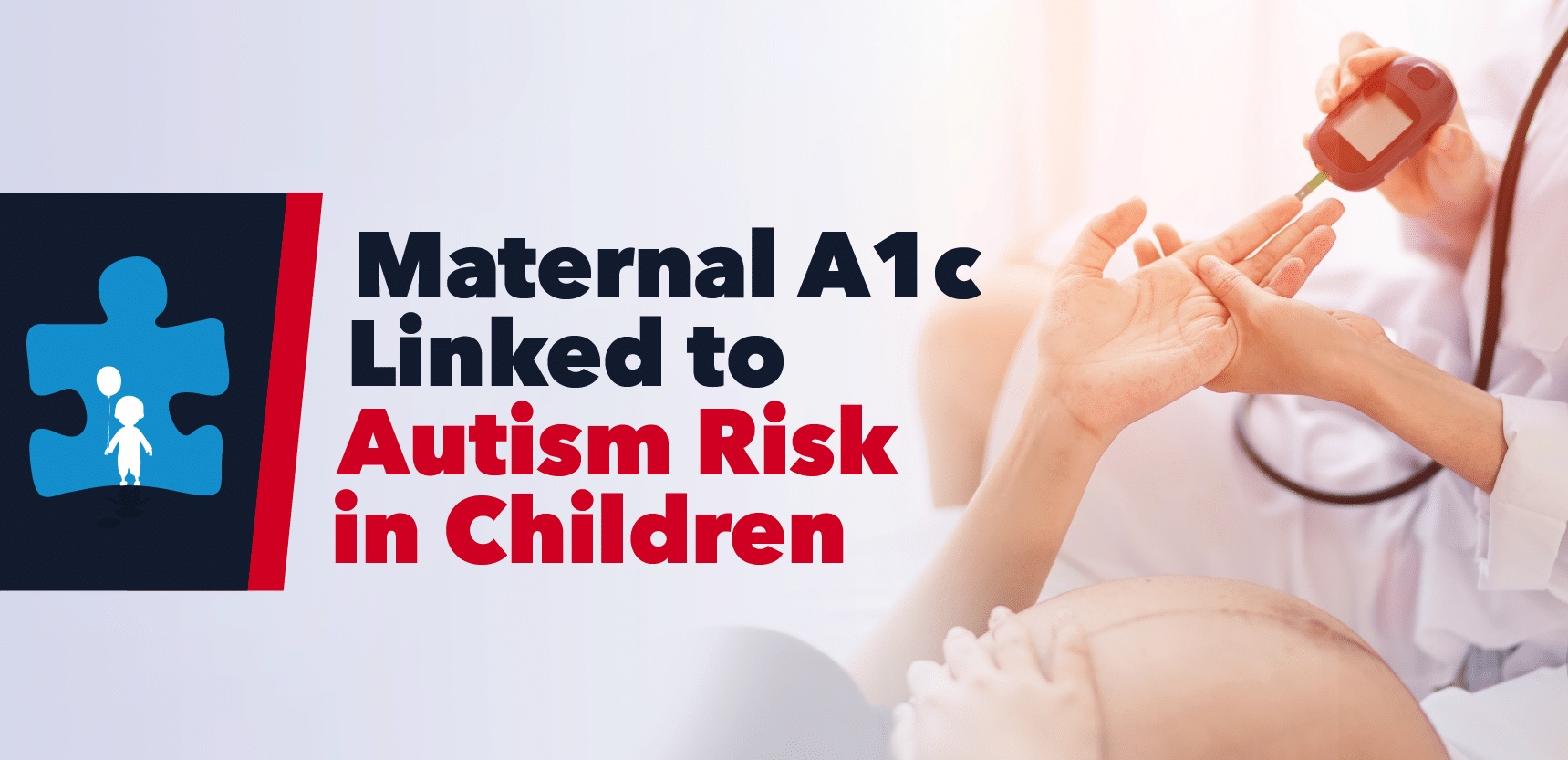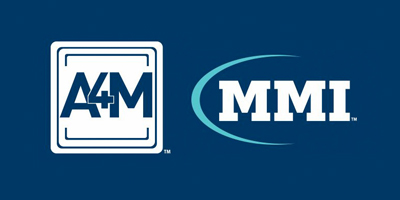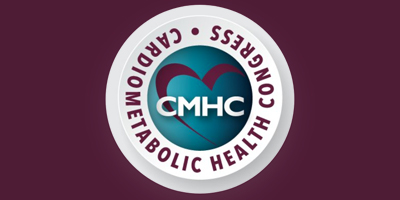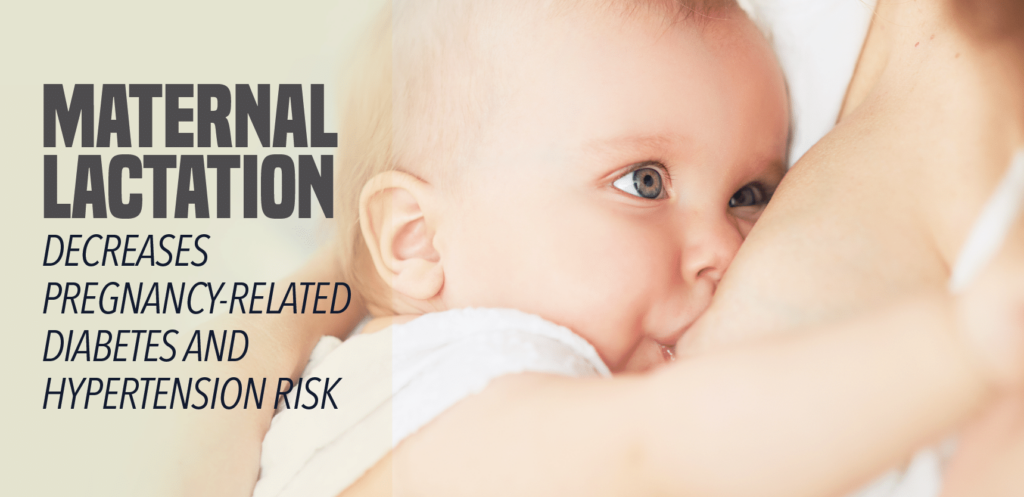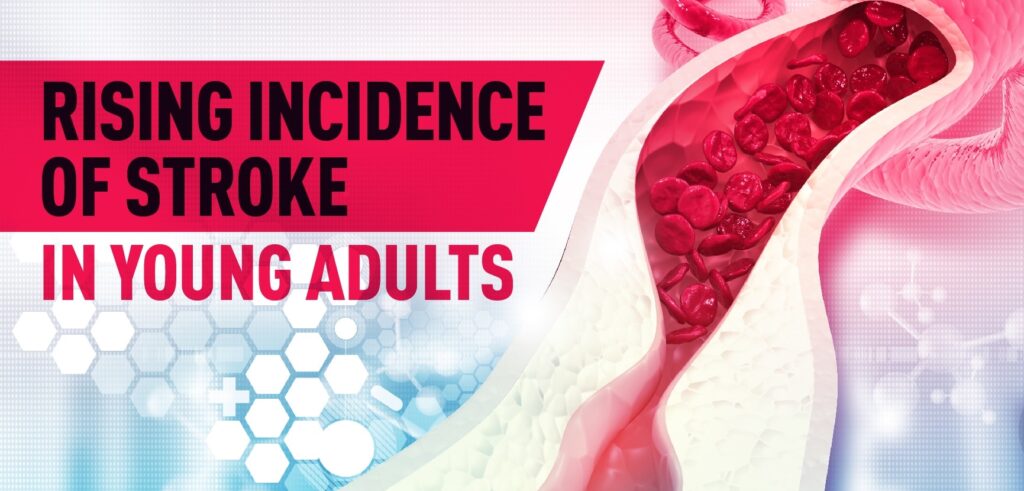Under an FDA-approved expansion of the pediatric indication, children aged as young as 3 years are now able to receive Epclusa for the treatment of chronic hepatitis C virus regardless of HCV genotype or severity.
The FDA originally approved Epclusa (sofosbuvir/velpatasvir, Gilead Sciences) for adults in 2016 and for children aged 6 years or older in March 2020.
Gilead said the FDA has approved two strengths of an oral pellet — sofosbuvir 200 mg/velpatasvir 50 mg and sofosbuvir 150 mg/velpatasvir 37.5 mg — that were developed for younger children who cannot swallow tablets. The recommended dose in the younger age group is based on the weight of the child, the drug maker said.
A 12-week treatment course is approved for children without cirrhosis or with compensated cirrhosis (Child-Pugh class A), and in combination with ribavirin for patients with decompensated cirrhosis (Child-Pugh class B or C), Gilead said. It is the only protease inhibitor-free, pangenotypic HCV regimen approved for patients aged as young as 3 years, according to Gilead.
The decision “represents important progress toward that goal by expanding more cure options for children living with HCV,” Gilead Chief Medical Officer Merdad Parsey, MD, PhD, said in a news release. “This approval adds to the robust clinical evidence supporting the safety and ecacy of Epclusa across a broad set of patients, including those with end-stage renal disease and all stages of fibrosis.”
According to Gilead, as of 2018, there were up to 60,500 children in the United States living with HCV, and incidence rates are on the rise. Mother-to-child transmission, which is the most common cause of HCV in children, increased 161% from 2009 to 2017, the company said. IV drug use has been the primary driver of HCV among women of childbearing age.
The expanded approval is based on data from a phase 2, open-label clinical trial conducted among 41 children aged 3 to younger than 6 years who were treated with sofosbuvir/velpatasvir for 12 weeks.
